Beer Notes: Sustainable Craft Beer
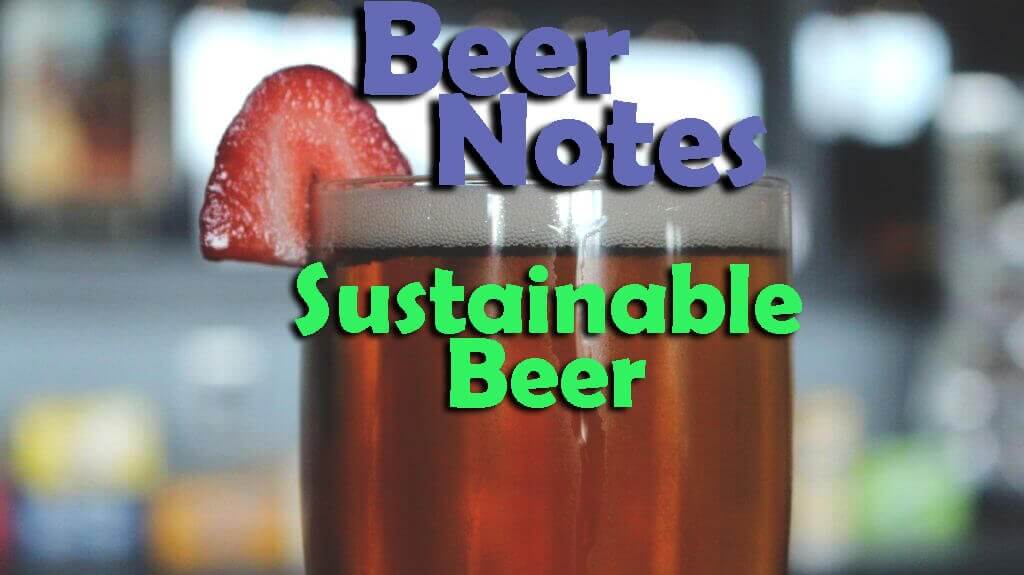
This script is from the second season of Beer Notes, which you can listen to at beernotes.org. Environmentally-friendly craft breweries are changing the landscape of beer, from the ingredients to the packaging to the brewing process itself. One brewery is even using rejected Kellogg’s cornflakes in its mash. This week on Beer Notes, we’re discussing sustainable […]
Beer Notes: Evaluating your beer with all five senses

This script is from the second season of Beer Notes, which you can listen to at beernotes.org. You might think you like a beer because it tastes good, but your idea of taste is far more complicated than you’d think it is. This week on Beer Notes, we’re exploring all the senses that go into your […]
Beer Notes: Pairing food with craft beer
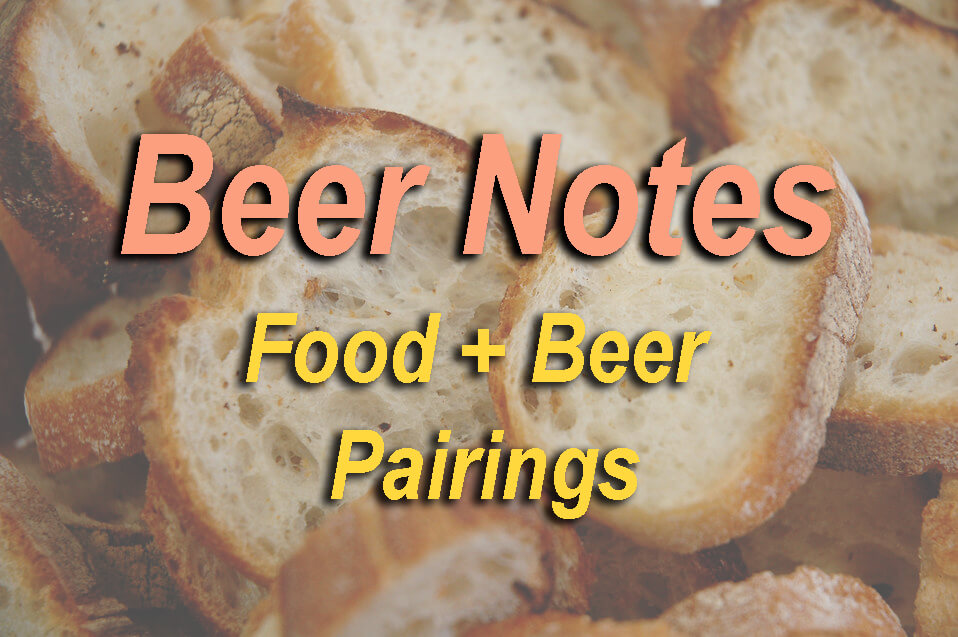
This script is from the second season of Beer Notes, which you can listen to at beernotes.org. In a 2015 Wall Street Journal article “The Connoisseur’s Way to Pair Food with Beer,” William Bostick states that “many of today’s craft beers are as complex, as revered, and sometimes as pricey as fine wines… So it should […]
Delmarva’s craft beer-centered radio program “Beer Notes” picked up by Alaska NPR station

Berlin, Md., 1-2-19: “Beer Notes,” a craft beer-oriented radio program produced by Shore Craft Beer in collaboration with Delmarva Public Radio (DPR), Salisbury University, the U.S. Department of Agriculture and the Tri-County Council for the Lower Eastern Shore of Maryland, has been picked up for syndication by its first non-Shore public radio station: KMXT in […]
Beer Notes: How to pour beer

This script is from the first season of Beer Notes, which you can listen to at beernotes.org. Jim Koch, co-founder and chairman of the Boston Beer Company, the producers of Sam Adams beer, says that “Beer deserves the same respect that wine does.” We agree, and how you pour the beer matters. This week on Beer […]
Beer Notes: The surprising origin of straws
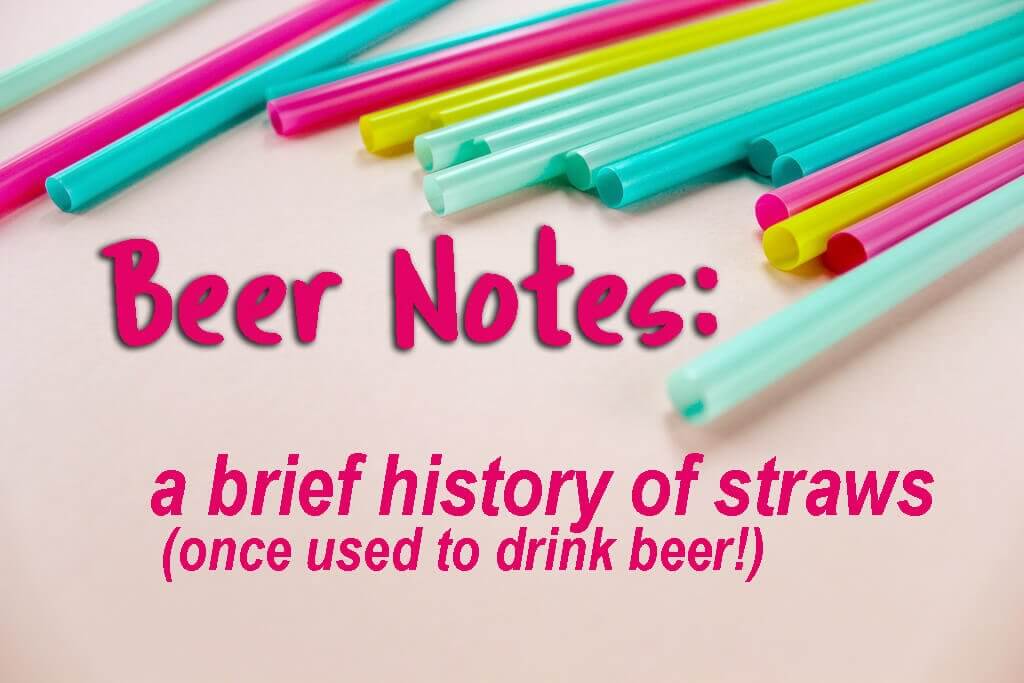
This script is from the first season of Beer Notes, which you can listen to at beernotes.org. The origin of straws is based in necessity and celebration, not convenience, and beer played a big role. This week on Beer Notes, we’re exploring the origin of straws. The oldest surviving straws were found during an excavation of […]
Beer Notes: Global Climate Change and Craft Beer
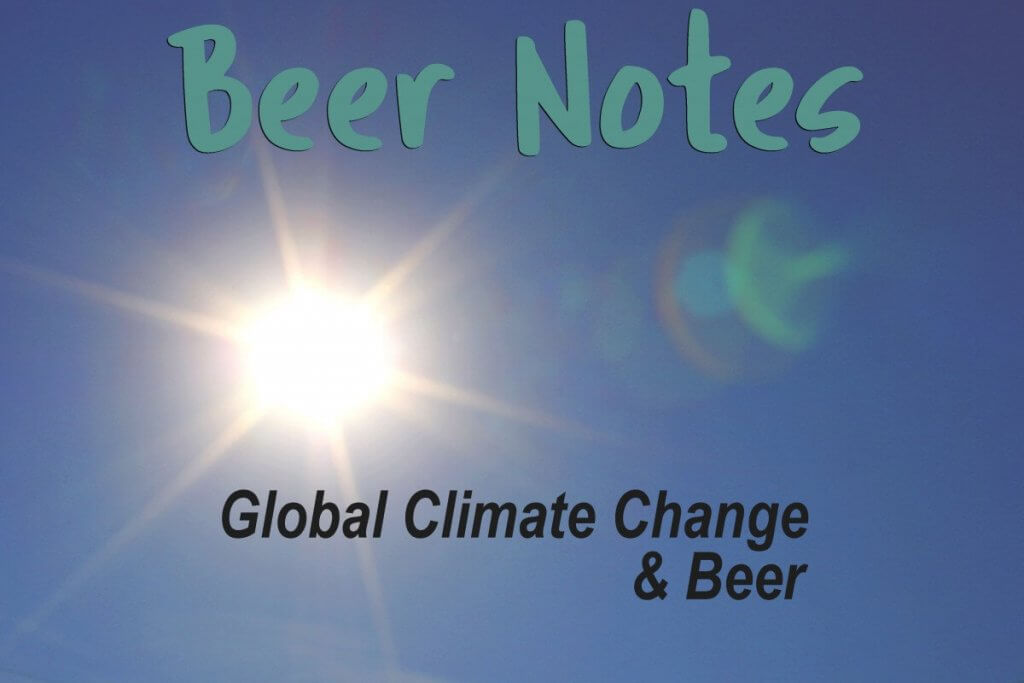
If you think that the increasing numbers of hot days might be okay as long as you can retreat with a cold craft beer, think again. This week on Beer Notes, we are discussing the effect of a heating planet on our favorite beverage. Steve Davis, the co-author of a study done at the University […]
Beer Notes: Wedding Beers (And living hoppily ever after)

This script is from the first season of Beer Notes, which you can listen to at beernotes.org. Something old, something new, something borrowed, something brewed. This week on Beer Notes, we’re exploring wedding beers. For many couples planning a wedding, beer is becoming an important consideration, and getting one brewed specifically for your celebration is definitely […]
Beer Notes: Cans vs. Bottles
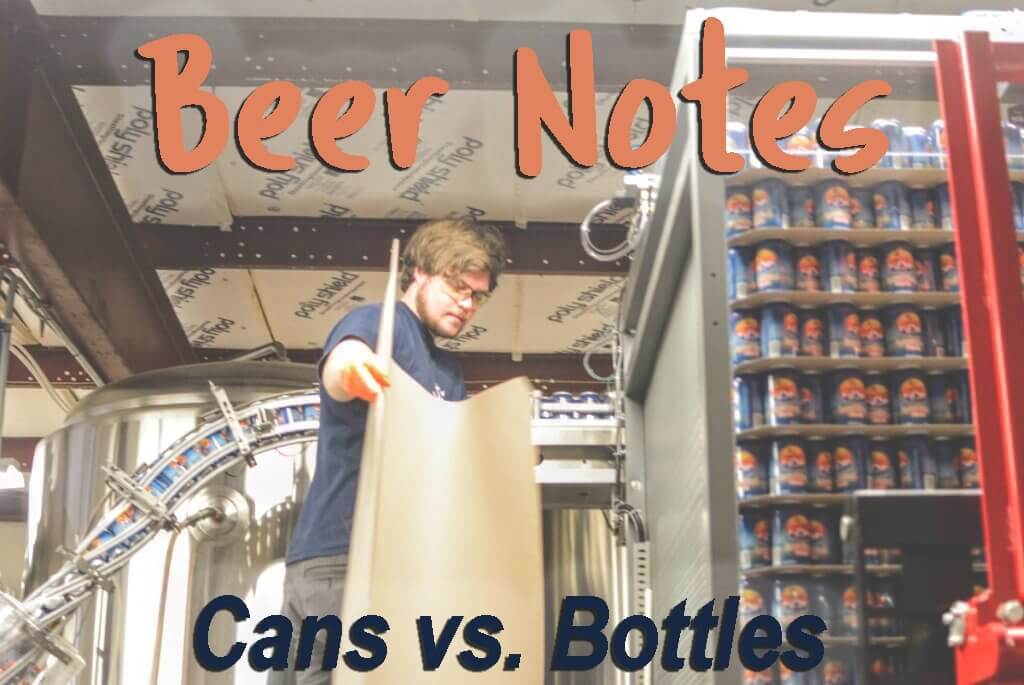
This script is from the first season of Beer Notes, which you can listen to at beernotes.org. Most millennials understand that craft beer is better in cans, but the rest of us might not be convinced. This week on Beer Notes, we’re exploring the differences in canned and bottled craft beer. In 2016, 58% of all […]
Beer Tourism: Traveling the world in search of the best beer

This script is from the first season of Beer Notes, which you can listen to at beernotes.org. American brewers excel at re-interpreting traditional styles and creating new ones, or so says the Guinness Brewery Baltimore website. Beer is crossing the great pond in both directions, and so are people in search of excellent beer. This week on […]
Beer Notes: Nothing beats a little haze (especially in an IPA)
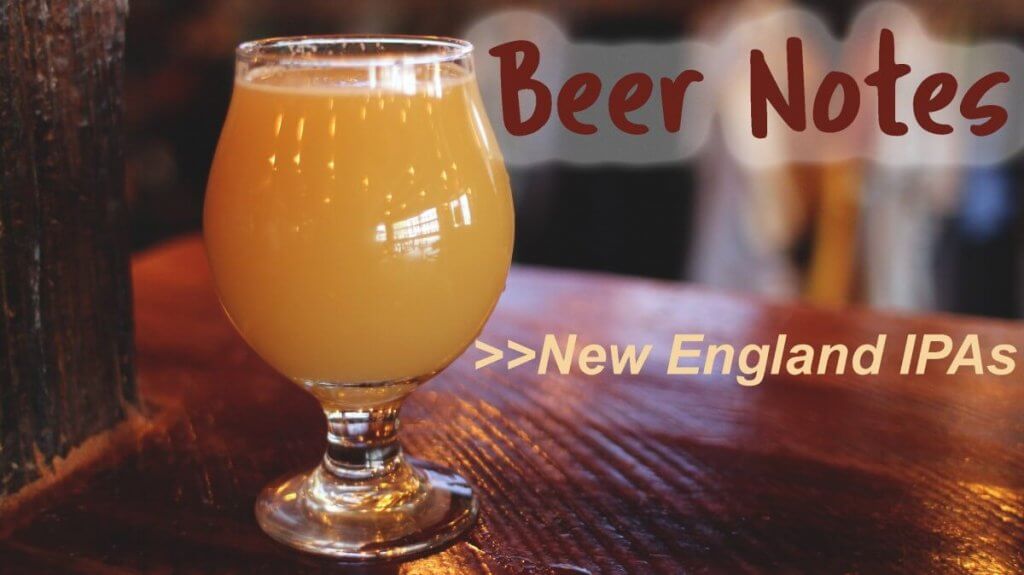
This script is from the first season of Beer Notes, which you can listen to at beernotes.org. Don’t be afraid of a little haze in your beer. This week on Beer Notes, we’re talking about New England IPAs, a style first developed by The Alchemist brewery in Stowe, Vermont in the mid-1990s. It is a softer, […]
Beer Notes: Gluten-free (and still great-tasting) craft beer

This script is from the first season of Beer Notes, which you can listen to at beernotes.org. Gluten-free foods are popular these days, and gluten-free beer is no exception. Today on Beer Notes, we’re exploring gluten-free craft beer. As background, gluten is a protein found in wheat, barley, and rye. In the U.S., about 7% of […]
